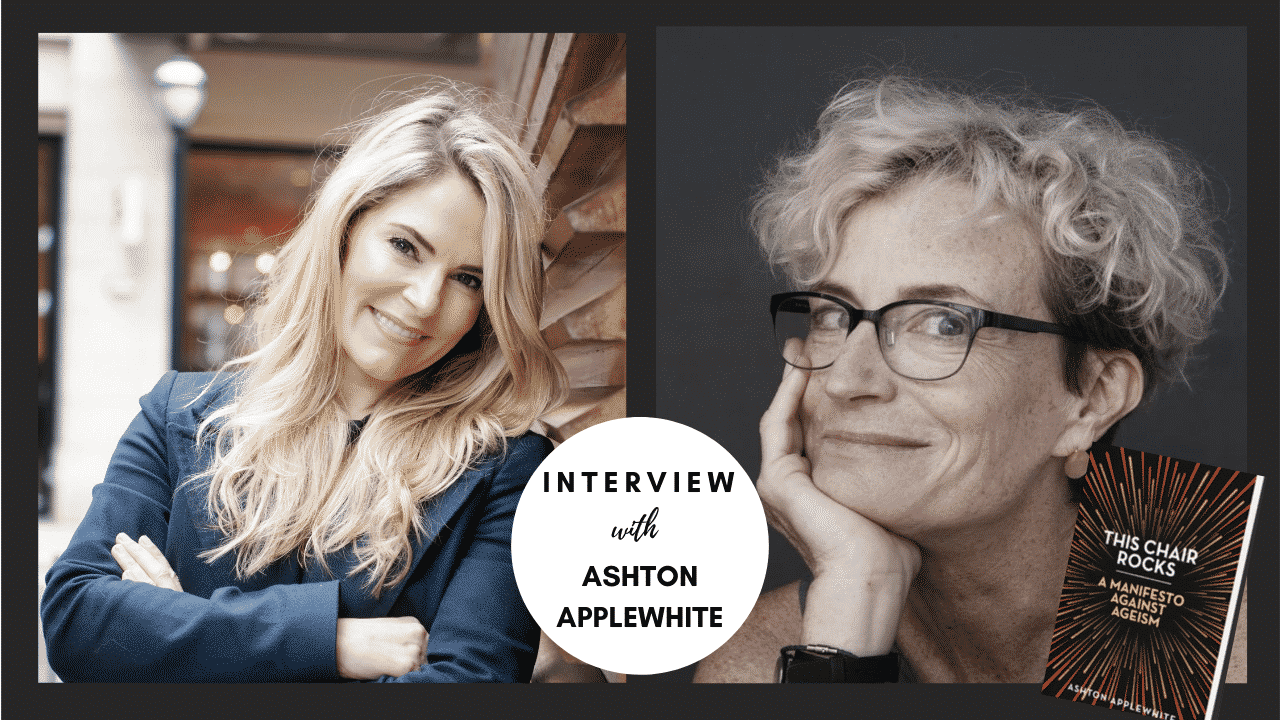Since COVID started, I have received several emails from people who care about older adults expressing concern for them. Like, a college professor who reached out to me to express concern that her father, who is a physician, made the decision to leave retirement to return to work in a medical clinic during COVID. She shared with me that she was appalled and went so far as to call his medical practice and complain.
There have been countless ageist expressions since the coronavirus started. And the problem with ageism, even well-meaning ageism, is that it has the effect of harming older adults rather than helping them.
The APA Committee on Aging (APA CONA) defines ageism as “stereotyping and discrimination against individuals or groups based on their age. It can include prejudicial attitudes, discriminatory practices, or institutional policies and practices that perpetuate stereotypical beliefs.”
AGEISM sucks and it has us brainwashed to believe all sorts of myths and untruths about aging.
Today, on the podcast, my guest, Ashton Applewhite sets the record straight on ageism.
Here’s a look inside my interview with Ashton Applewhite:
- [03:53] Ashton Applewhite and I discuss age, aging, and ageism. We explore the question: does ageism only affect older adults?
- [10:29] Learn how Ashton became so passionate about ageism and combating ageism.
- [13:59] This Chair Rocks: A Manifesto Against Ageism is being released in paperback this month (August 2020). The process of naming this book was an exercise in anti-ageism.
- [19:23] In her book, Ashton uses the terms olders and youngers. Here Ashton describes how these terms might actually be easier to identify with than “seniors” and “older adults”.
- [21:50] “Becoming an old person in training means ditching preconceptions looking at and listening carefully to the olders around us, and reenvisioning our place among them.” Learn more about what it means to become and old person in training.
- [26:46] The U-curve of happiness shows that we are happiest as children and as older adults. Taking time to learn about the U-curve of happiness will leave a smile on your face.
- [32:02] Ashton reveals her end of life conversation with her children and shares tools for having end of life conversations.
- [37:18] Intimacy and sexuality are important at every age and regardless of ability. Learn what makes people sexy.
- [49:05] Ashton shares her favorite ways to occupy age and confront ageism.
Click here to listen! Your future self will thank you.
Ashton Applewhite is the author of This Chair Rocks: A Manifesto Against Ageism and an internationally recognized expert on ageism. She speaks widely at venues that have included the TED Mainstage and the United Nations, and is a leading spokesperson for a movement to mobilize against discrimination on the basis of age.
Resources mentioned in this episode:
- This Chair Rocks: A Manifesto Against Ageism
- Yo! Is This Ageist?
- Old School (oldschool.info)
- Ashton Applewhite’s United Nations Presentation
- Ashton Applewhite’s TED Mainstage Talk
- Conversation Project: Tools
- Joan Price’s Book, Naked at Our Age
- Audre Lorde
Credits:
- Ashton Applewhite’s photo is credited to Adrian Buckmaster






